Two years have passed since COVID-19 emerged to become a global pandemic that caused over six million deaths worldwide.
Two years ago the first coronavirus case was confirmed in Australia. Much has happened; however, the nation is ‘open’ again. But what does that mean for us as a Greek Australian community?
In this article…
- The measurable impact of COVID-19 – Numbers and beyond
- Greek Australians in Victoria were a community hard hit. And it wasn’t just the elderly.
- Testimonies of Greek Australians who fell sick with the virus and shared their experience to help others
- What can we do now to protect ourselves and our loved ones?
- Linking you to the latest updates & health advice
The measurable impact of COVID-19 – Numbers and beyond
COVID-19 is the first pandemic in over 100 years. According to Worldometer over 6.1 million people have died from COVID-19. Close to 1 million deaths were recorded in the United States, at least 700,000 deaths in Brazil, and Italy, an early epicentre of the disease, has surpassed 13 million infections and 150,000 deaths.
Greece, a nation of 10 million has recorded 26,500 deaths and infection still spreads, while China, a nation of over 1 billion has had less than 5000 reported deaths from COVD-19. Australia with 25 million people has had 6000 deaths.
Beyond death and infection, the disease impacted greatly on all our lives. We could no longer travel, we missed out on major personal life events – weddings, funerals, baptisms. We missed our loved ones. Many of our elderly became engulfed by loneliness.
Our children missed on schooling. Year 12 students didn’t participate in rites of passage like graduations, parties, learning to drive and travel.
Our musicians and artists could not perform or present. The life sources of our community, restaurants, festivals, celebrations, became lonely affairs.
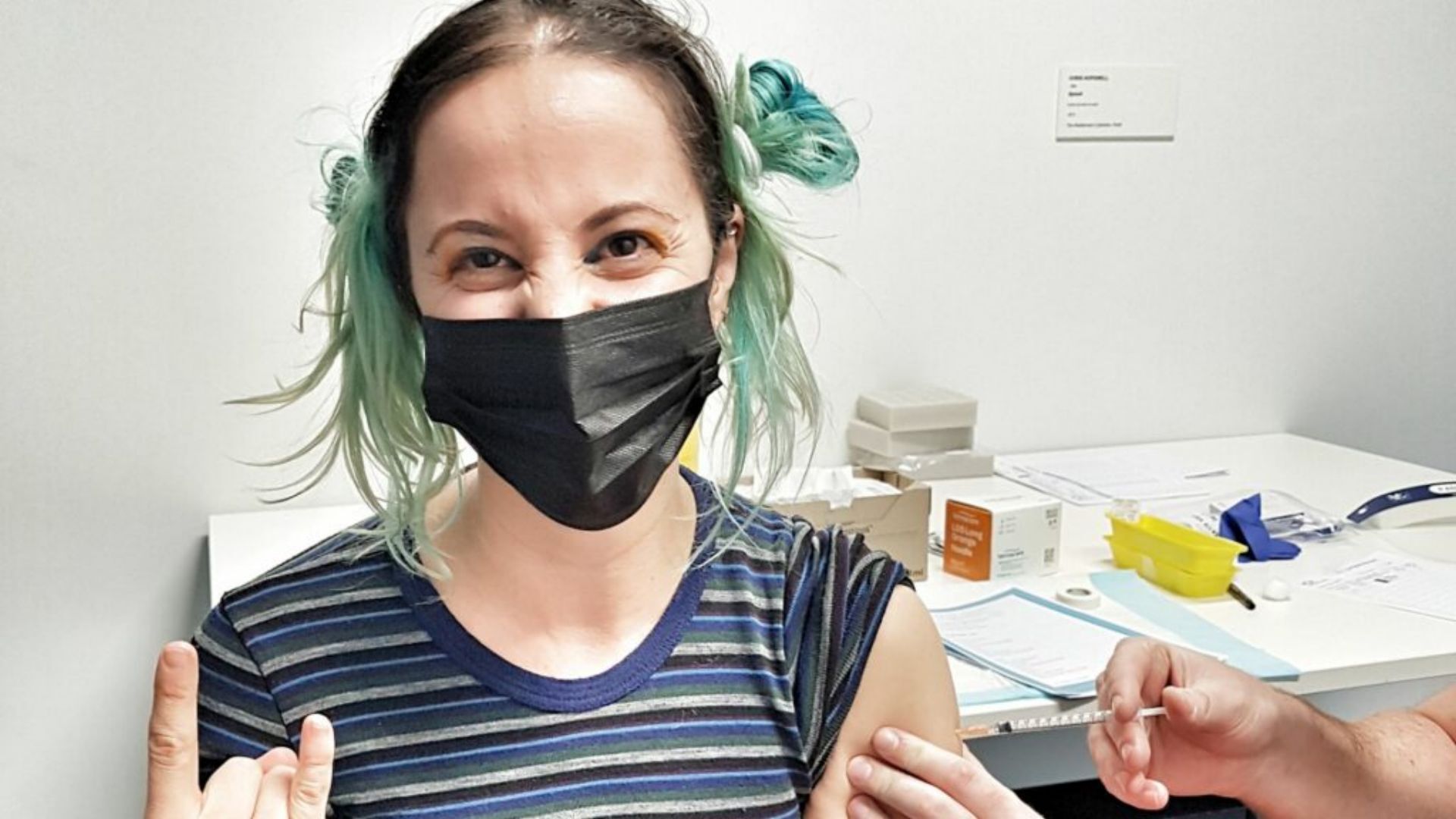
Physical and mental health impacts have been serious. We all sacrificed in the fight against an unseen enemy that does not discriminate, COVID-19.
We seem to have come through. More resilient and more aware.
Most experts hope that the end of the COVID-19 pandemic is closer. However, they warn the virus may be here to stay.
Greek-Cypriot Australian Dr Stephanos Herodotou, an emergency physician, has served in Melbourne’s public hospitals for forty years.
Compared to 2020, he says Australians are now better equipped to protect themselves and their loved ones.
READ MORE: Is this the beginning of the end of the pandemic?
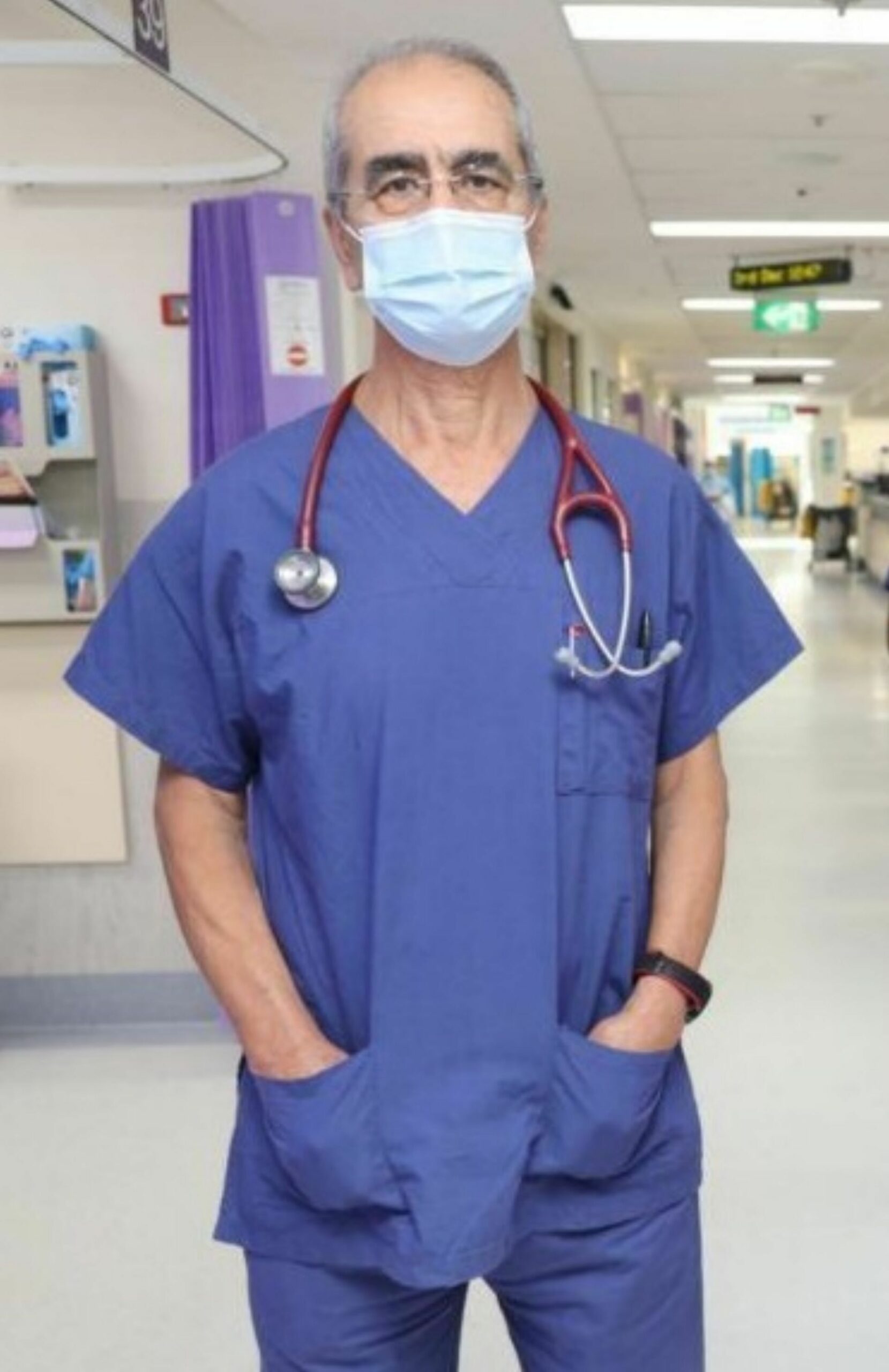
“COVID-19 was a completely new virus and no one in the world had contact with it, so we had absolutely no immunity.
“That’s why, from the very beginning, we said that the only solution and our only hope is to find the right vaccine,” Dr Herodotou said to Neos Kosmos.
Greek Australians in Victoria were a community hard hit. And not just the elderly
By the end of 2020, there were around 900 deaths from COVID-19 in Australia, 89 percent in Victoria, with older age people counting for over half of the deaths.
Greek Australian elderly were over-represented in the death toll.
During Melbourne’s St Basil’s Aged Care outbreak in 2020 – at that time “the largest outbreak in Australia since the start of the pandemic” – up to 50 Greek residents died.
Spiro Vasilakis lost his mother, Maria at the facility.
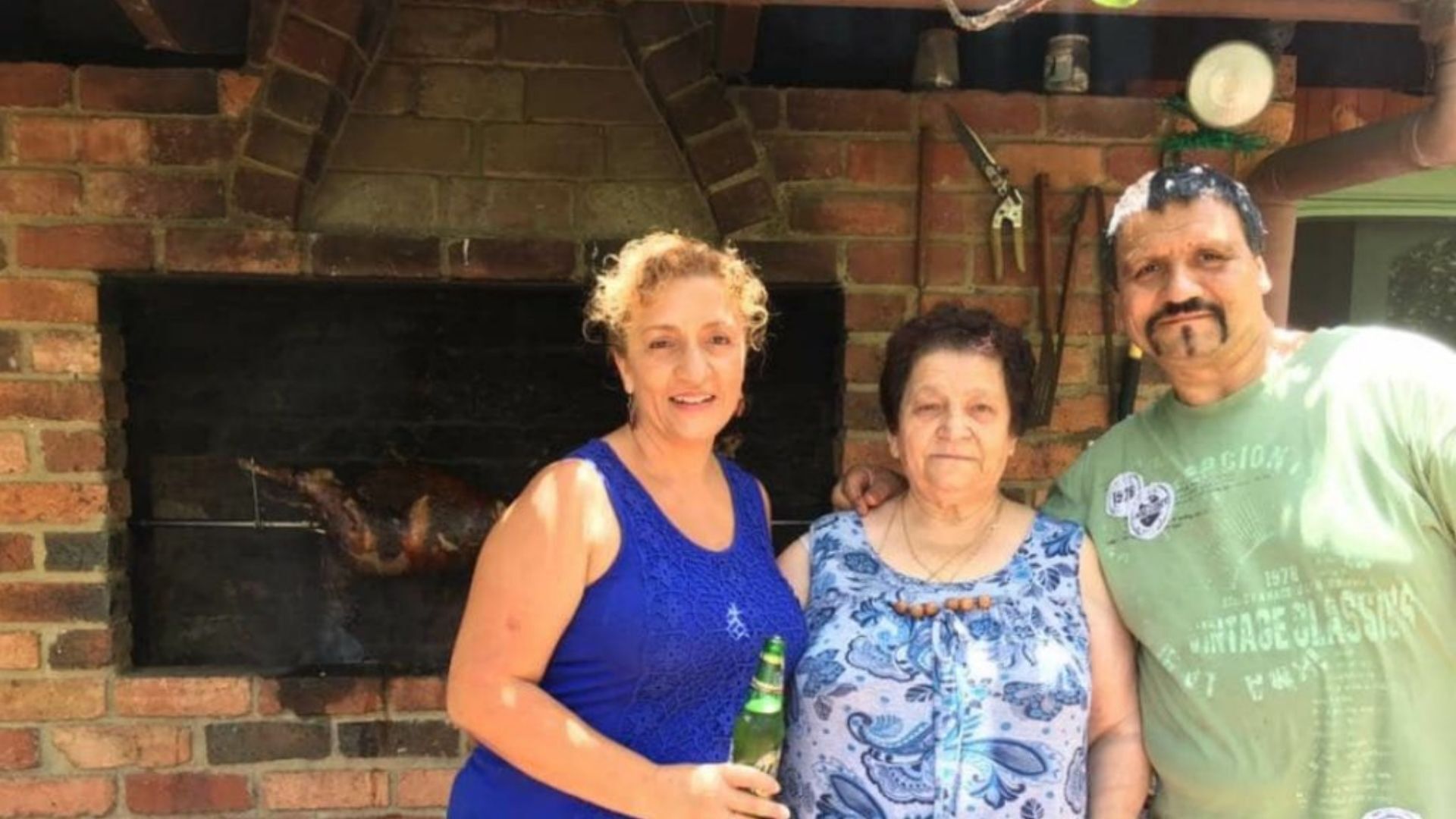
READ MORE: “I lost my mother and I can’t put up with those claiming coronavirus isn’t real”
Victorians were impacted again in 2021 by the Delta variant of COVID-19. Severe disease, and complications, as well as deaths impacted on younger people. Delta was especially virulent among those between 40 and 60 years old.
Sickness hit younger people, often with no underlying conditions, who had not been vaccinated against COVID-19.
By early December 2021, Delta was infecting around 1,500 people a day.
The tragedy unfolded with ten deaths per day. By December 2021 the Victorian population had reached the remarkable figure of 90% double dose vaccination.
Our community was not immune to conspiracy theories, and misinformation. In some cases confusion and skepticism led to tragic consequences.
Some became ill and with lasting health consequences. Others died. And some passed on the virus to their parents who then died.
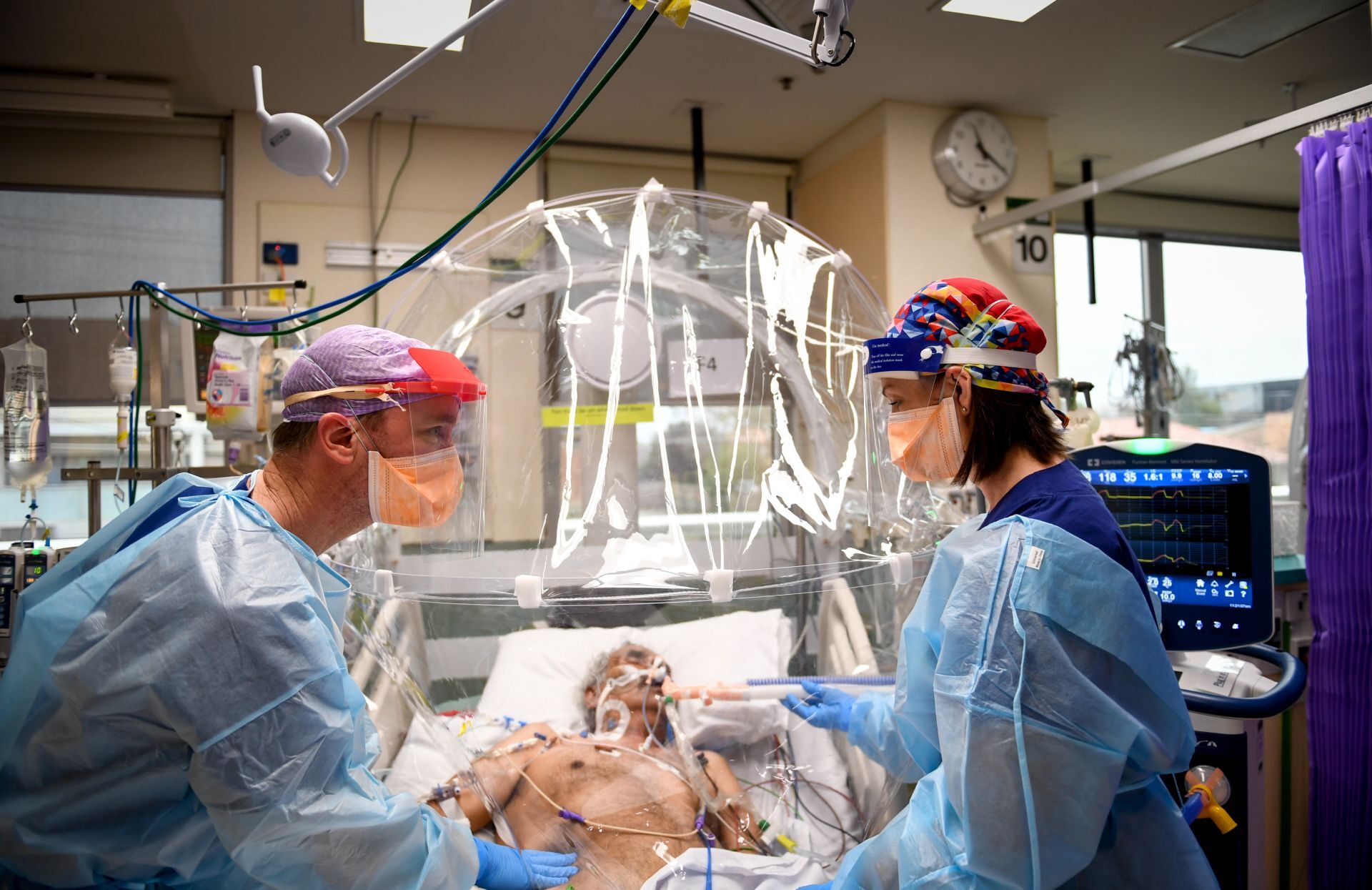
Testimonies of Greek Australians who fell sick with the virus and shared their experience to help others
In 2021, in the middle of Victoria’s second long lockdown, Neos Kosmos talked to Jack, (not his real name) who said that he “wasn’t an antivaxxer but did not know of anyone who had the disease.”
Jack contracted COVID-19 and ended up in ICU. Sadder, Jack passed COVID-19 to his father who then died.
“I was about to get vaccinated even though I was not 100% convinced, then I went to a tier two site, unknowingly, caught it [COVID-19] and became very sick, I then passed it on to my father who died.”
Jack said, after they took out the breathing apparatus, he “walked around ICU and realised how many people were in there with COVID.”
Asked by Neos Kosmos how he felt now, Jack – his voice cracking from emotion – said, “I am half the man I used to be.”
“This is real. I can’t walk, I am short of breath and my head’s not in the right place.
“My mother is distraught, and my father is dead.”
The well-loved priest from South Melbourne, Father Christos Dimolianis was also infected, and it became a “wakeup call” for him and those who knew him.
READ MORE: “COVID-19 isn’t a simple flu”
Fr Dimolianis ended up in intensive care, the experience prompted him to vaccinate as soon as he recovered.
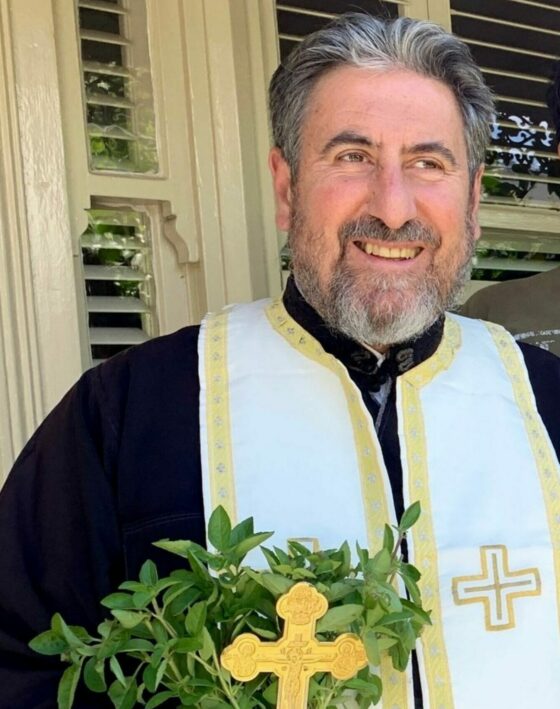
Georgia Pernitzis was also among those whose story had an impact on the community.
“Many told me they had not known of someone close to them who had been quite ill with the virus until I shared my experience,” she reflects now.
Ms Pernitzis contracted COVID-19 just days before her scheduled vaccination appointment. The disease took a toll on her health, with continued effects thereafter.
“My sense of smell hasn’t come back at its full capacity still,” she told Neos Kosmos.
She urges that “anyone who is still hesitant over vaccination, must reconsider”
“Getting vaccinated is important. The cost of the pandemic has been heavy on our community, and like many I am saddened by that.”
What can we do now to protect ourselves and our loved ones?
We have come a long way in the past months and perceptions in the Greek and broader community around vaccination have shifted. The Greek Community of Melbourne (GCM) lead in the vaccine rollout to the community.
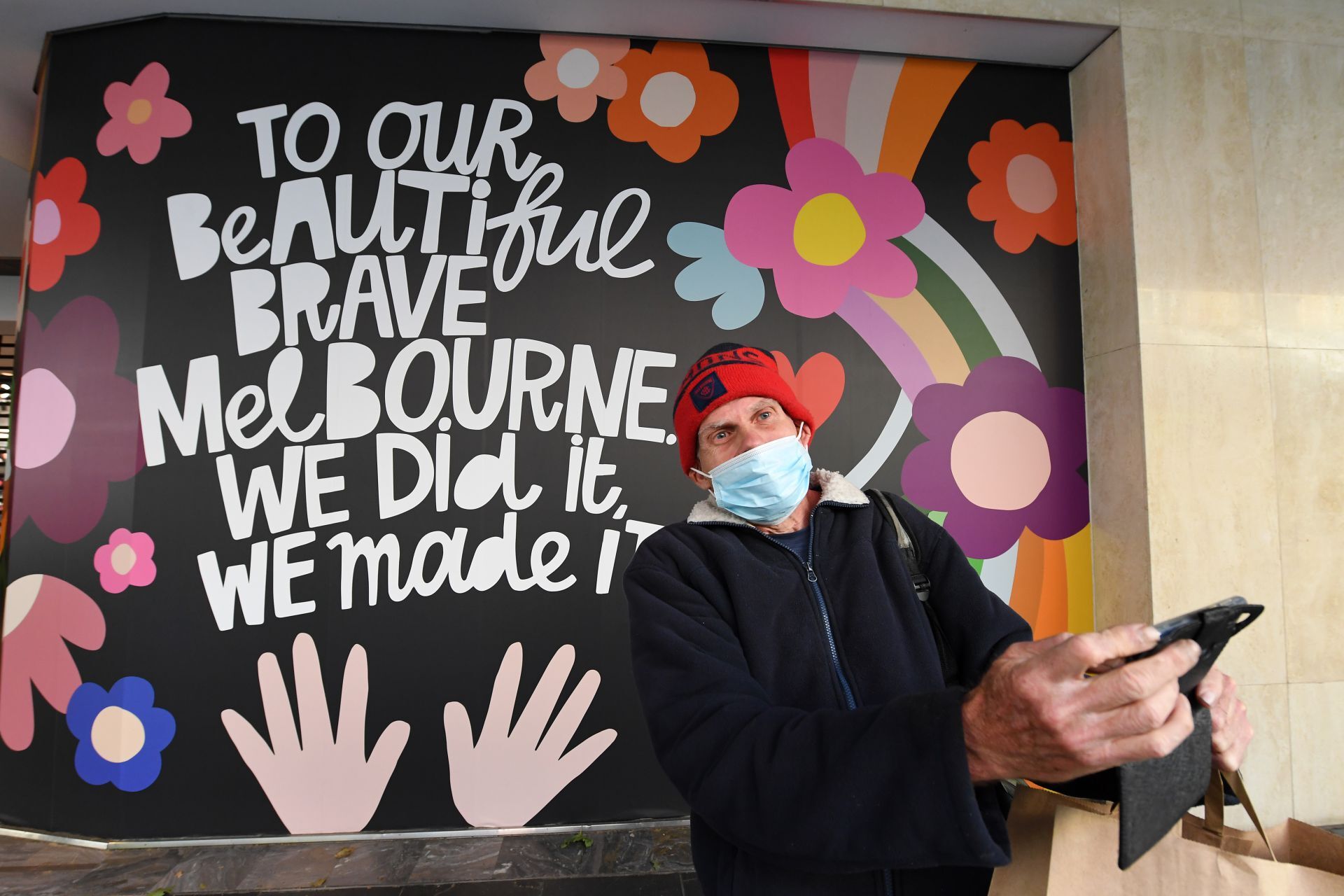
READ MORE: St George Thornbury pop up exceeds expectations
As soon as the deadly Delta variant was almost behind us, the new rapidly transmissible Omicron variant appeared. While less deadly, Omicron spread like wildfire. It is still spreading with an added subvariant. It spread across our young people, active teens and those in their twenties who began to move out of lockdowns and remote learning.
Emergency nurse Helen Zahos has worked on the frontline against COVID-19 since 2020.
A lesson to remember about the virus, Zahos says is that it “doesn’t discriminate and it affects individuals differently.”
“Some people are hospitalised requiring oxygen or ventilation others have barely any symptoms. As hard as the public health restrictions were, they saved lives, they gave people a chance to get vaccinated and be prepared.”
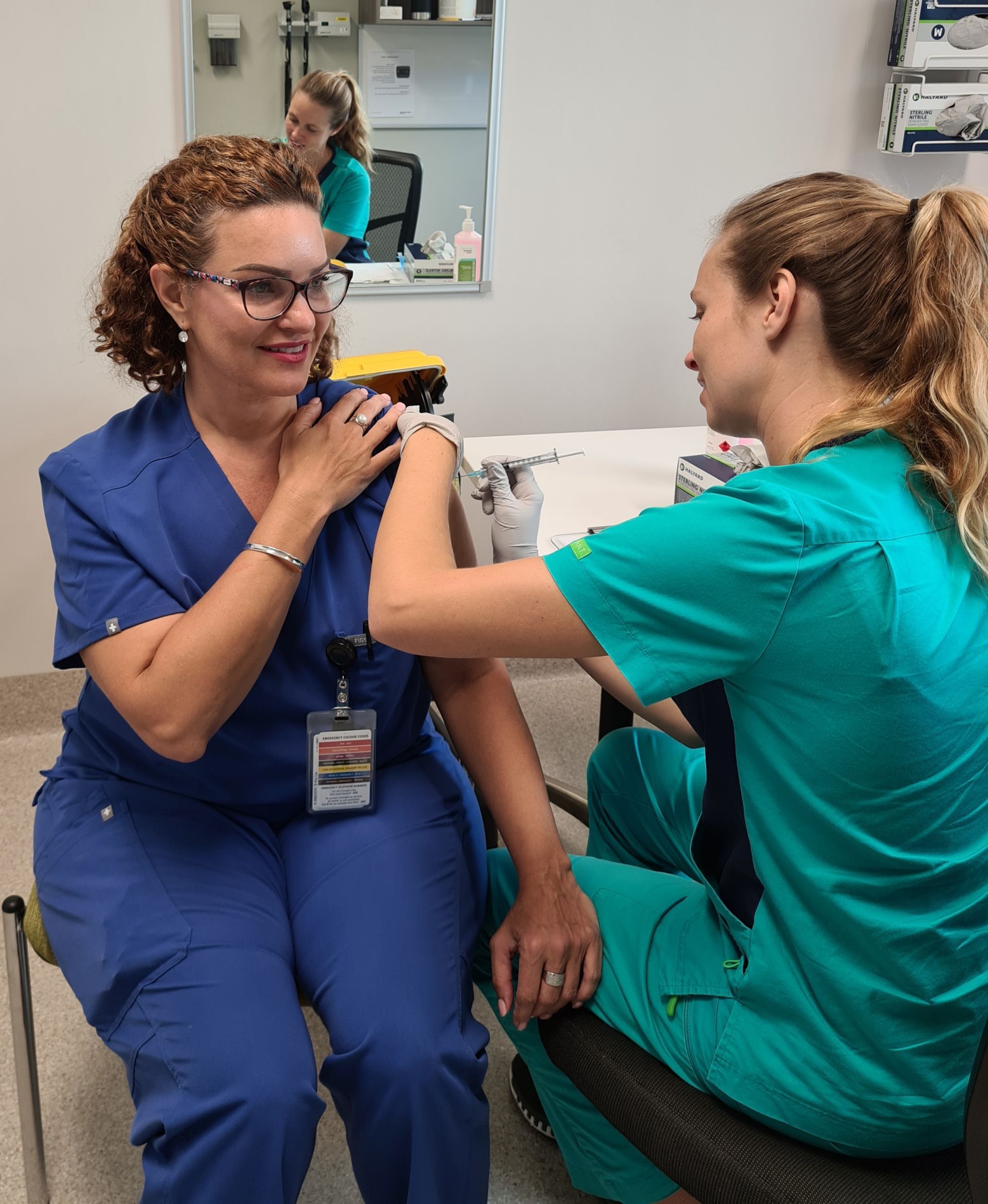
The Australian Technical Advisory Group on Immunisation (ATAGI) issued a recommendation on booster shots for Omicron. Data reveals that two doses do not provide sufficient protection against the new variant.
We now expect a flu season, given we have not had one for over two years due to COVID-19 safe measures. Lockdowns, vaccinations, and masks reduced flu infections. Health authorities urge the public to stay up to date with their vaccination against COVID-19 as a way of avoiding a combined flu and COVID-19 assault to the system.
“Epidemiologists and clinicians are increasingly concerned that we may have quite a challenging flu season, having had a bit of a pass for the last couple of years,” Victorian COVID-19 Commander Jeroen Weimar said in a recent press conference.
“We’re getting back to the things we love, and flu will be something that’s going to be very present in our lives over the autumn and winter period.
“Please get your COVID vaccine done, get your third dose done and get your flu shot after that. It’s an important thing for us all to do.”
Linking you to the latest updates & health advice
We have come through the worst of it.
It is important to reconnect as a community. But we need to protect ourselves, our children, and our elders.
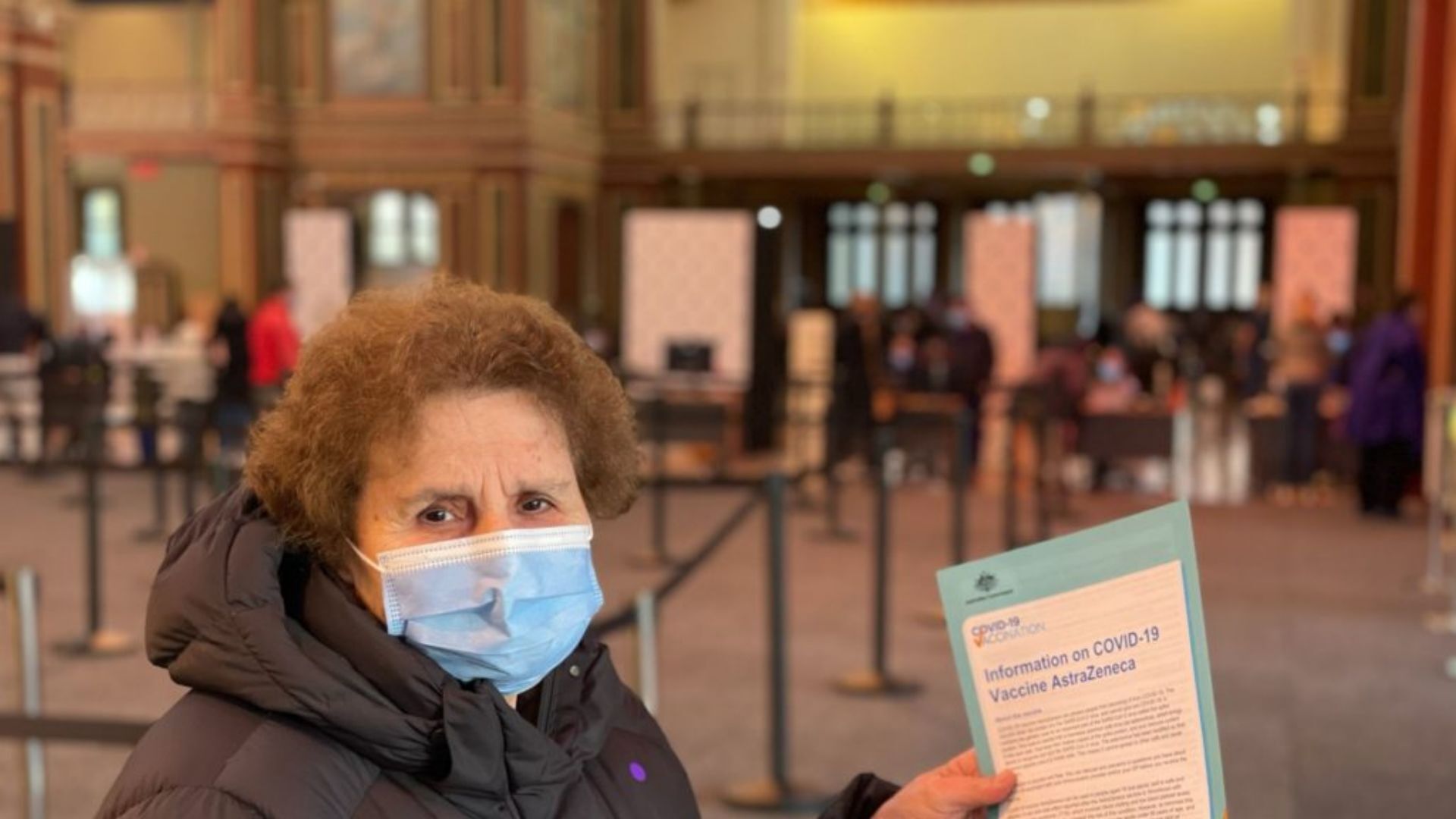
How?
- Adhering to the health advice, like isolating for the specified period if we get infected. Find here all you need to know about Staying Safe
- Ensuring you are UpToDate with your vaccinations. Not sure if you’re due for a booster? Find eligibility criteria, industry requirements and all the necessary info on third and fourth dose vaccines, here.
Novavax approved for use as a third dose
The ATAGI has approved the Novavax vaccine for use as a third dose for people over the age of 18, where no other vaccine is suitable.
Staying protected
You need your third dose to keep up your immunity against COVID-19.
Bookings at GPs and pharmacies across Victoria are available now.
You can also get vaccinated at your nearest state-run vaccination centre. Book online or call the Coronavirus Hotline on 1800 675 398 between 8 am and 8 pm, seven days a week.
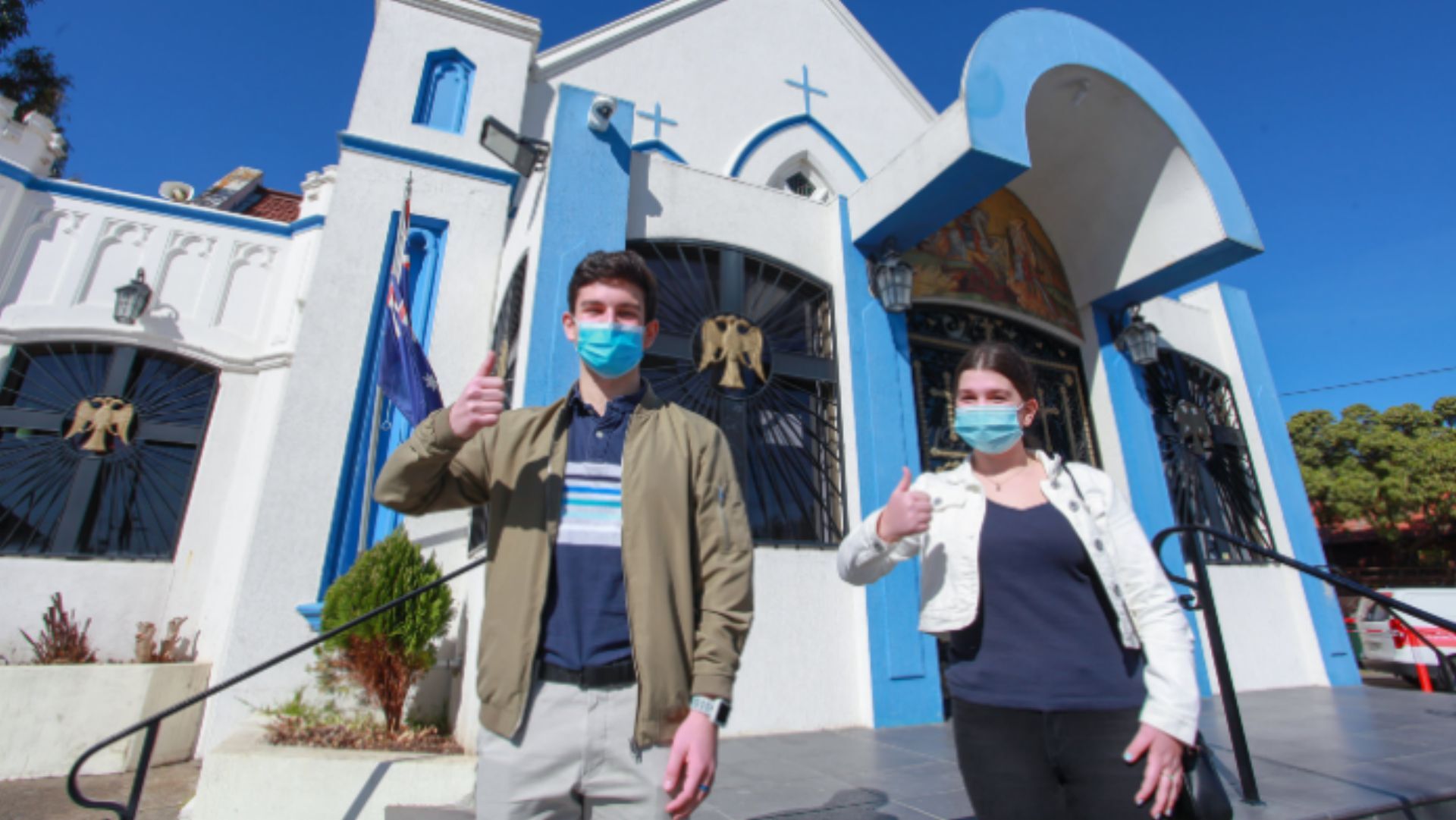
You can get the Pfizer or Moderna COVID-19 vaccines for your third dose regardless of the vaccine you received for your first two doses.
If you are aged 18 years and over, you are also eligible to receive the Novavax vaccine as your third dose if no other vaccine is suitable.
The AstraZeneca vaccine is only recommended for use as a third dose if you have had a significant adverse reaction to a previous mRNA vaccine dose (for example, Pfizer or Moderna) that means you cannot have another dose of an mRNA vaccine.
ATAGI does not recommend AstraZeneca for use as a third dose for people who received AstraZeneca for their first two doses.
If you’re not sure which vaccine you’re eligible for, talk to your GP.
Fourth dose
Eligible people who have received their primary vaccination and third dose will be able to receive their COVID-19 vaccine winter dose.
Those eligible are:
- adults aged 65 years and older residents of aged care or disability care facilities
- people aged 16 years and older who are severely immunocompromised
- Aboriginal and Torres Strait Islander people aged 50 years and older
They can receive their winter dose four months after receiving their third dose, or from 4 months after a confirmed COVID-19 infection, if infection has occurred since the person’s third dose.
Pfizer and Moderna are the preferred vaccines for the winter dose.
And for the children
Children aged 5 to 11 years old can receive the Pfizer COVID-19 vaccine. They will receive a smaller dose of vaccine created specifically for their age group.
The Therapeutic Goods Administration (TGA) approved the use of the Moderna vaccine for Australians aged 6 and older in February 2022.
The recommended schedule for vaccination in these age groups is 2 doses, 8 weeks apart.









